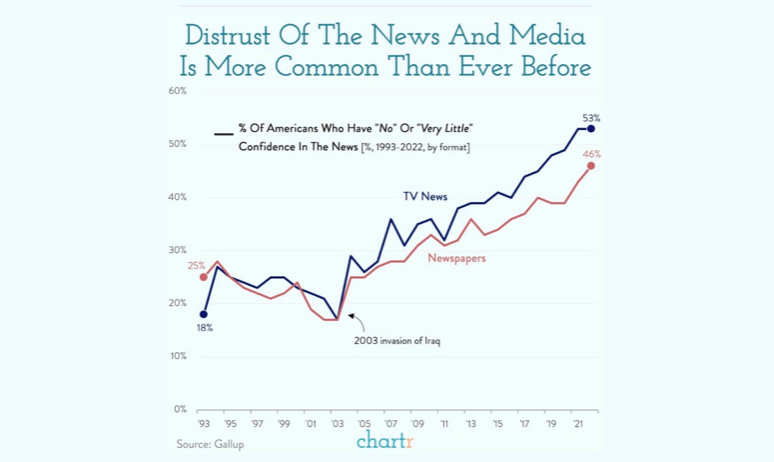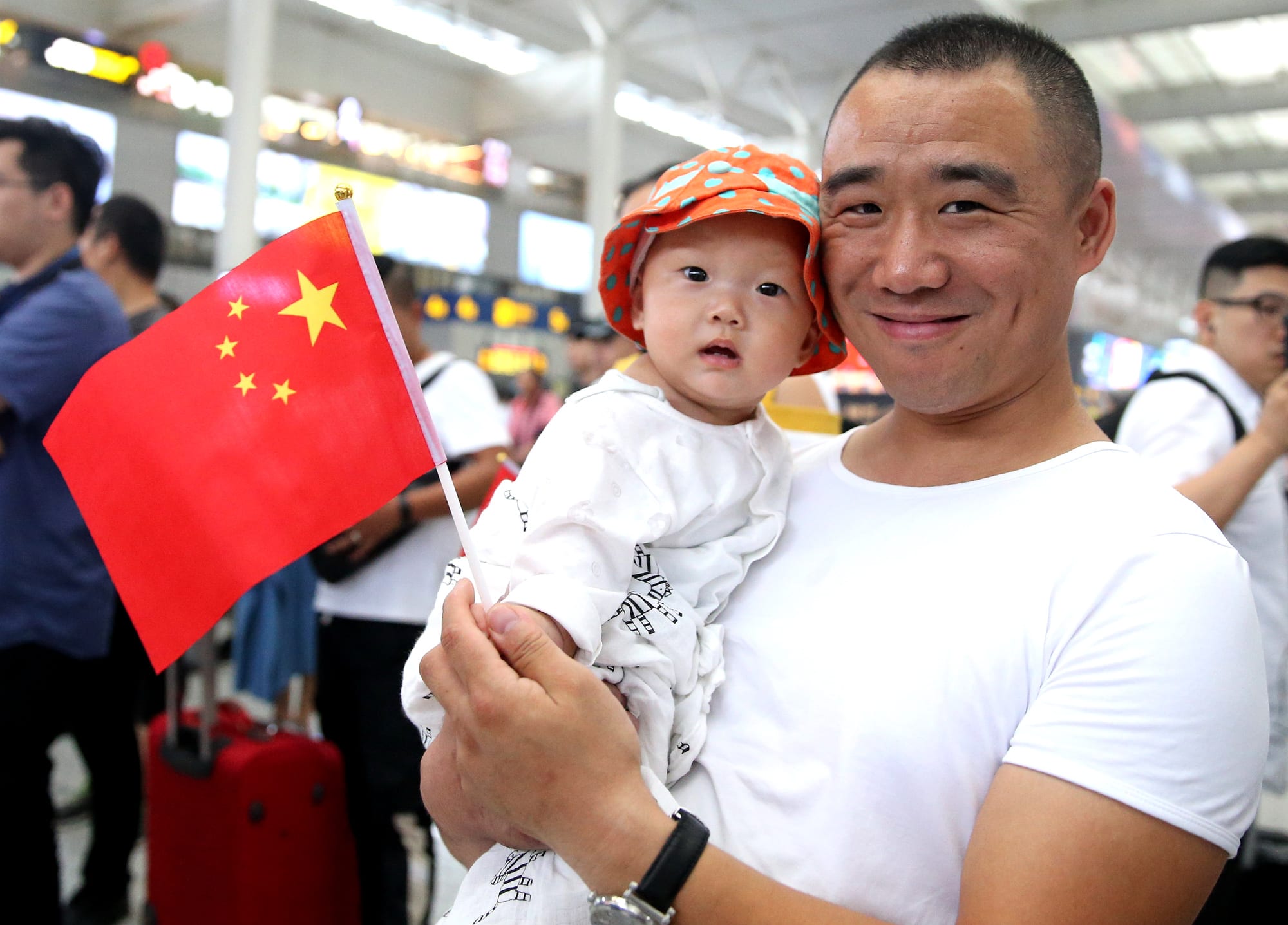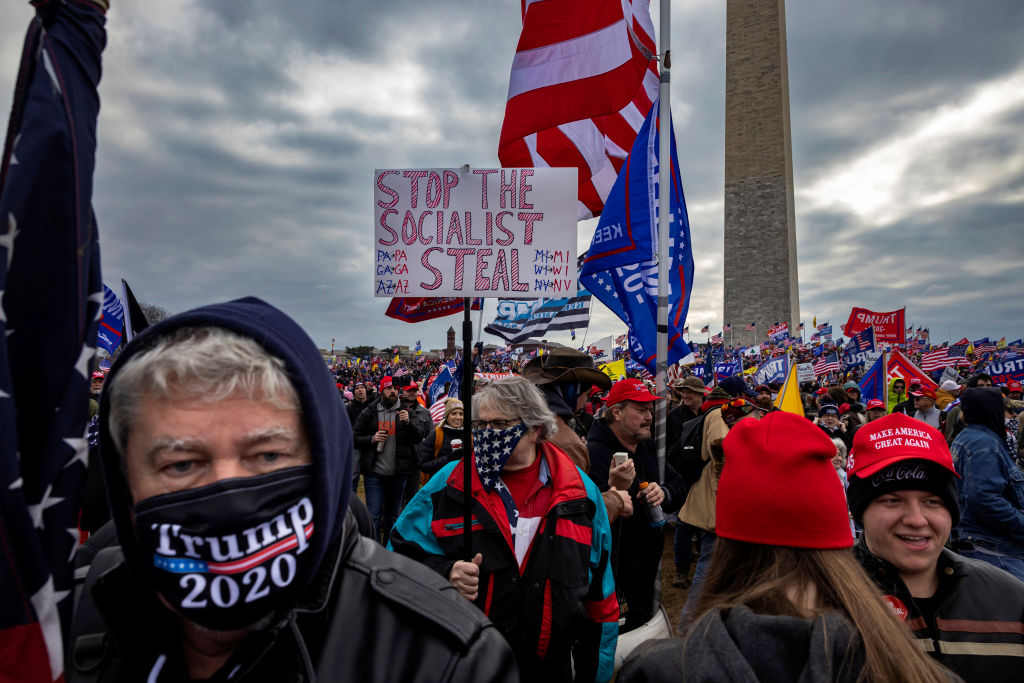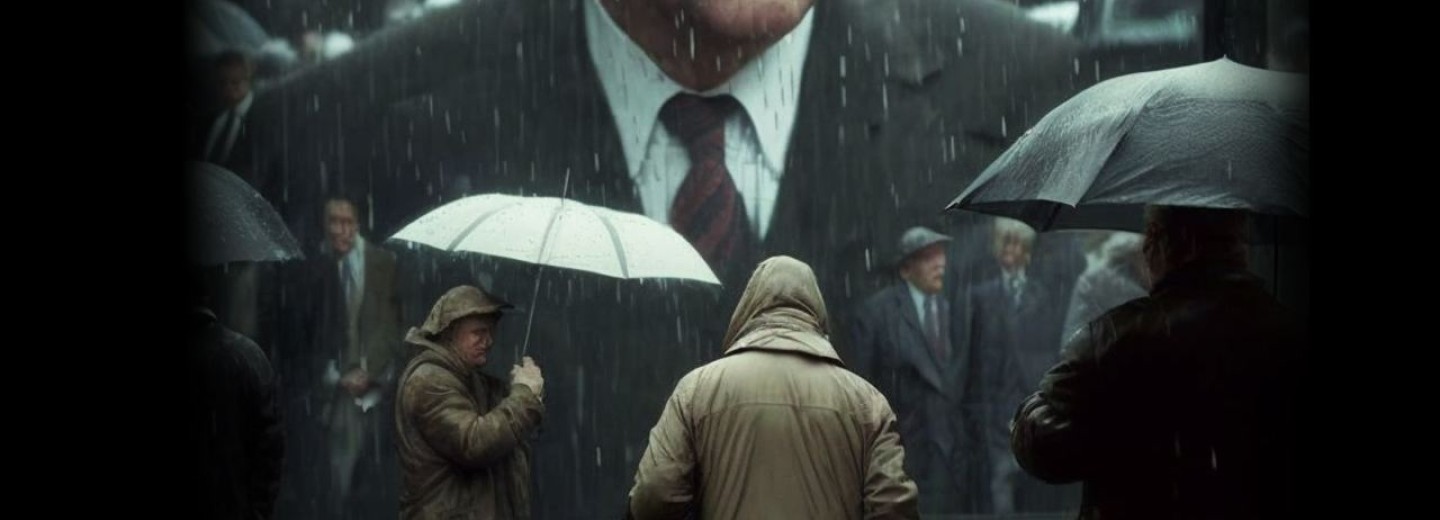Media and Democracy
I have long been concerned about Western media. It self-censors; it focuses on trivia; it has little to commend it to thinking readers. And it is failing to achieve profitability. Some recent surveys and data show that I am not alone in holding these views.
‘Democracy in America relies on an independent press to inform citizens with accurate information’. So writes the Knight Foundation.
Knight’s latest report (in association with Gallup) writes about about perceptions of the American media. The executive summary reads:
Only 26% of Americans have a favourable opinion of the news media, the lowest level Gallup and Knight have recorded in the past five years, while 53% hold an unfavourable view.
Across all political affiliations, more Americans say they hold an unfavourable opinion of the news media compared to a survey conducted in late 2019-early 2020. This rise is especially pronounced among independents but is also apparent among Democrats — who typically hold more favourable views of the media.
Perceptions of political bias in news coverage have also increased, with independents driving the trend, followed by Republicans, then Democrats.
Young people continue to hold more negative perceptions of the news media than older generations, confirming previous findings.

Gallup’s figures track trust over 20 years. When combined with Knight’s analysis, the results are alarming.

Apart from the opportunity to vote, substantially more than half of all Americans have low trust in key aspects of American media and democracy. Remember, this is the country that champions freedom and democracy in every corner of the world. It roundly criticises all other types of government.
Contrast this with views from Chinese people. In a post on The Reasonable Man 18 months ago, I referred to a longitudinal public opinion survey carried out by Harvard University over the previous 15 years:
In 2003, 86% of people expressed satisfaction with the central government. However, only 44% of people expressed approval of local governments. By 2016, approval with the central government, already high, had increased to 93%. Approval of local governments had increased even more dramatically to 70%. Interestingly, in democratic countries local leaders are nearly always more popular than central leaders.

Yet, distrust of western democracies is not new. In 2018, Dambisa Moyo published her seminal book, The Edge of Chaos. She writes:
Demonstrations have broken out from Belgium to Brazil led by angry citizens demanding a greater say in their political and economic future, better education, healthcare and living standards. The bottom line of this outrage is the same; people are demanding their governments do more to improve their lives faster.
More recently, I reviewed Martin Wolf’s latest book The Crisis of Democratic Capitalism. He too deplores the decline of democracy and links it to systemic economic failures. For example:
… despite its merits, democratic capitalism creates inequality. The market rewards certain skills and talents more than others, leading to only a few people becoming wealthy. The wealthy have more influence than the average citizen over politics. This erodes the democratic nature of the system.

On China, he says:
China’s rise demonstrates that there are other successful models of economic development apart from democratic capitalism… This raises questions about the long-term viability of democratic capitalism and the limitations of the Western model.
The thorough and useful Carnegie Foundation publishes a summary of protests occurring round the world. One year ago, they listed 230 protests. Today Carnegie lists over 400 protests in many different countries.
Something is clearly going on.
Wolf and Moyo write about a crisis in democratic capitalism. Americans (and for sure others) are more distrustful than ever of what they read in the media. Protests of all kinds occur daily in many countries. Even China, not noted for Western-style democracy, has seen protests recently.

And those who should be informing us with accurate information, the media, are clearly not doing so. We independent writers are part of ‘the media’ of course. We have the same responsibilities to be accurate and fair as do the ‘New York Times’ and the ‘Daily Telegraph’.
I have no systemic solution to achieve more effective democratic governance. I doubt if anyone has. It is all too easy to say: ‘our political leaders should take responsibility’. But will turkeys vote for Christmas (or Thanksgiving)?
What we need are voices of calm and reason. Today’s media believes they need to give extreme views to sell their publications.
The surveys show clearly that they are wrong. Giving balanced views, being a tiny bit ‘boring’, may give them the credibility (and readership) they yearn for today.
Worked on the article:

Wanlikhang





